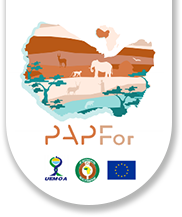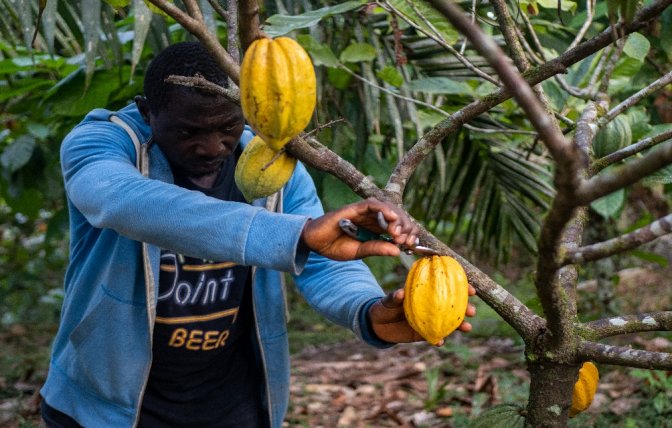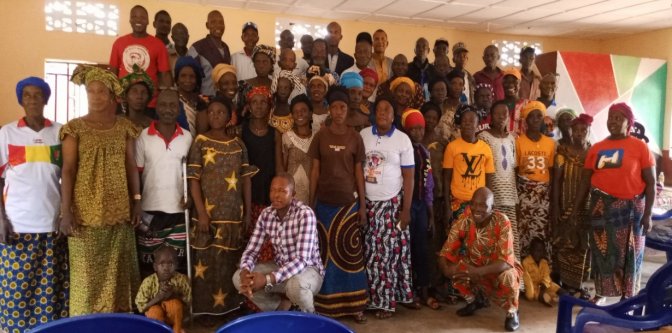Home / News / Agroforestry cooperatives set up to develop cocoa and pepper in Guinea (...)
Agroforestry cooperatives set up to develop cocoa and pepper in Guinea (Ziama forest)
Cocoa and pepper are at the heart of the economic activities of many communities in the Ziama Biosphere Reserve. Cocoa is grown in rich and diverse agroforestry systems, and several varieties of cocoa have been identified. Pepper is both a non-timber forest product (NTFP) harvested in the forest and a product grown on stakes in areas bordering the protected area. These 2 products are highly prized on the market, particularly for export to neighbouring countries.
Following a study of the cocoa and pepper sectors and their markets, GRET is helping people working in these sectors to organise and boost their activities as part of the PAPFor programme’s ‘One Landscape: One Vision’ project. The strategy aims to develop the two sectors while taking account of environmental issues, in particular the preservation of the region’s rich biodiversity. To achieve this, a number of activities are being implemented in collaboration with partners and consultants.
Structural and organisational support for cocoa and pepper growers and producers
GRET, in collaboration with MGE (Maison Guinéenne de l’Entrepreneur), a long-standing national NGO partner, has supported the creation of 9 agroforestry Simplified Cooperative Societies (SCOOPS) in 6 communities bordering the lush Ziama forest (Boo, Baimani, Noborotono, Kpoda, Massadou and Sédimai). Following a study of the organisational dynamics in the villages, planters and producers involved in cocoa and pepper, as well as various other agricultural and forestry products, are being helped to get together within legally recognised organisations. Working together and joining forces is essential if we are to succeed in adding value to products from agroforestry systems and NTFPs while ensuring the sustainable development of these sectors.
MGE has drawn on its long experience in structuring and supporting farmers’ and professional organisations. Training in governance and leadership, as well as in the implementation and use of administrative and financial management tools, is provided to these SCOOPS with the aim of ensuring their autonomy and the sustainability of their activities. 224 members of these SCOOPS, including 59 women, have been trained in the uniform act of the Organisation for the Harmonisation of Business Law in Africa (OHADA) relating to the rights of simplified cooperative societies.
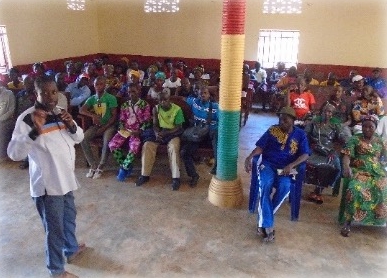
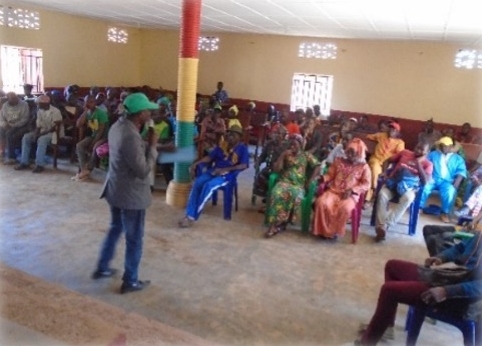
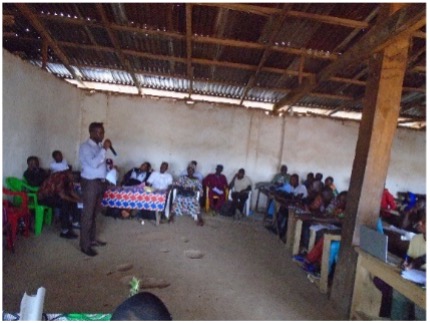
GRET also provides additional support to SCOOPS to give them the best possible tools. 247 members, including 66 women, have been trained in financial education. In addition, the project’s facilitators have so far raised awareness among 663 producers, including 210 women in the six villages, to help them understand the financial products offered by the microfinance institutions (MFIs) operating in the area.
Finally, GRET and MGE are working to support SCOOPS in their search for markets.
Cross-industry consultation meetings: an ideal forum for exchange and capacity-building
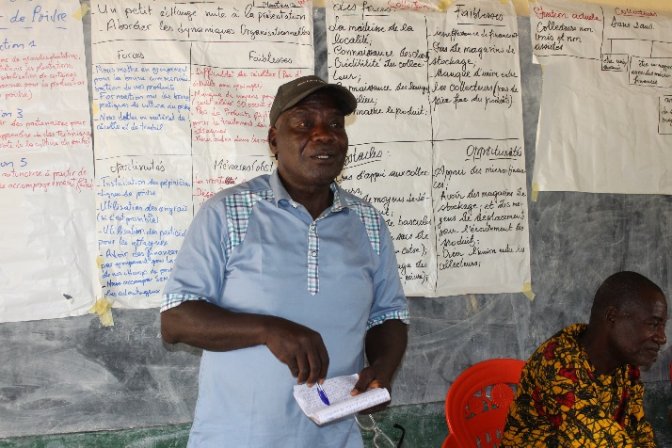
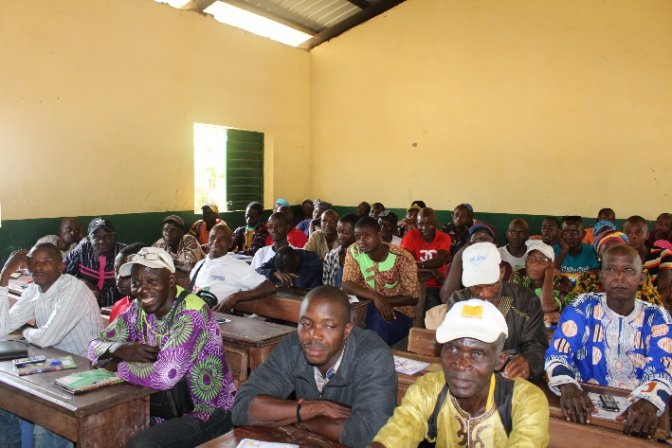
Since February 2023, GRET has been organising inter-professional consultation meetings to strengthen the capacities of SCOOPS and encourage collaboration between these organisations and other players in the sector. These meetings have brought together various stakeholders (producers, collectors, buyers and technical services, etc.) on a number of topics, including:
- a shared vision for the development of the 2 sectors and the implementation of action plans,
- the organisational dynamic around the two sectors,
- the marketing of agricultural products,
- the conditions and mechanisms for accessing finance from microfinance institutions.
The consultation meetings have proved to be important levers for mobilising and motivating stakeholders. They provide a forum for discussing the challenges facing the sectors, and for brainstorming and proposing joint solutions to the problems and difficulties encountered by stakeholders in the two sectors.
Actions underway to consolidate achievements
"GRET’s aim, through PAPFor, is to see the emergence of a genuine dynamic for the production and development of quality cocoa and pepper around Ziama, while protecting and developing the area’s rich environmental heritage," said the project’s Regional Coordinator, Labila Tonhon NORAMOU.
With this in mind, a number of other activities are planned, including the imminent provision of harvesting and post-harvest materials and equipment to SCOOPS, along with associated technical training, as well as continued support for market research in order to remunerate quality efforts. Finally, study trips, exchange visits and other training courses are being planned for these SCOOPS.
